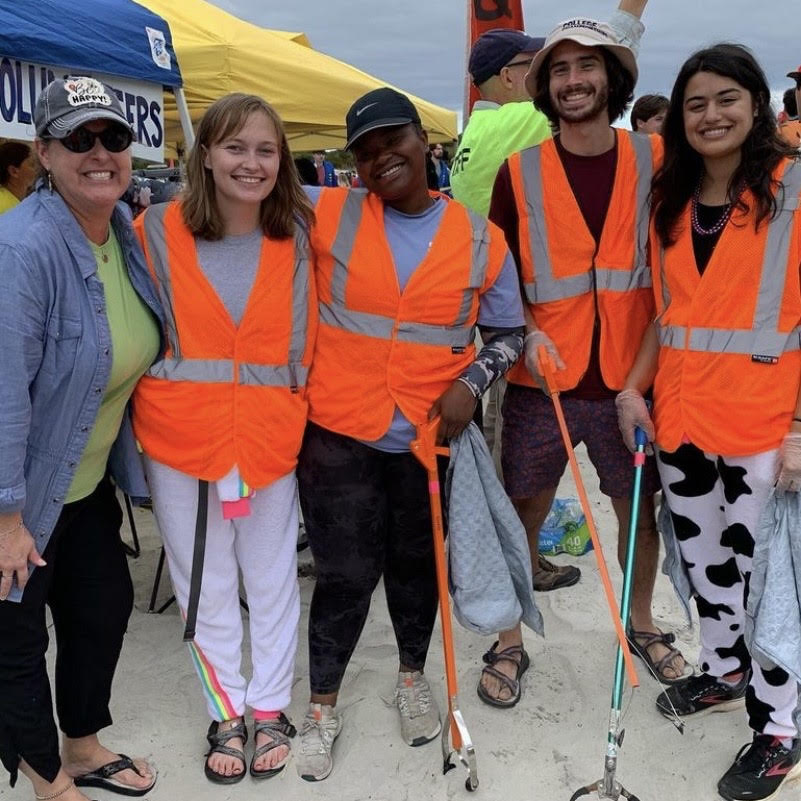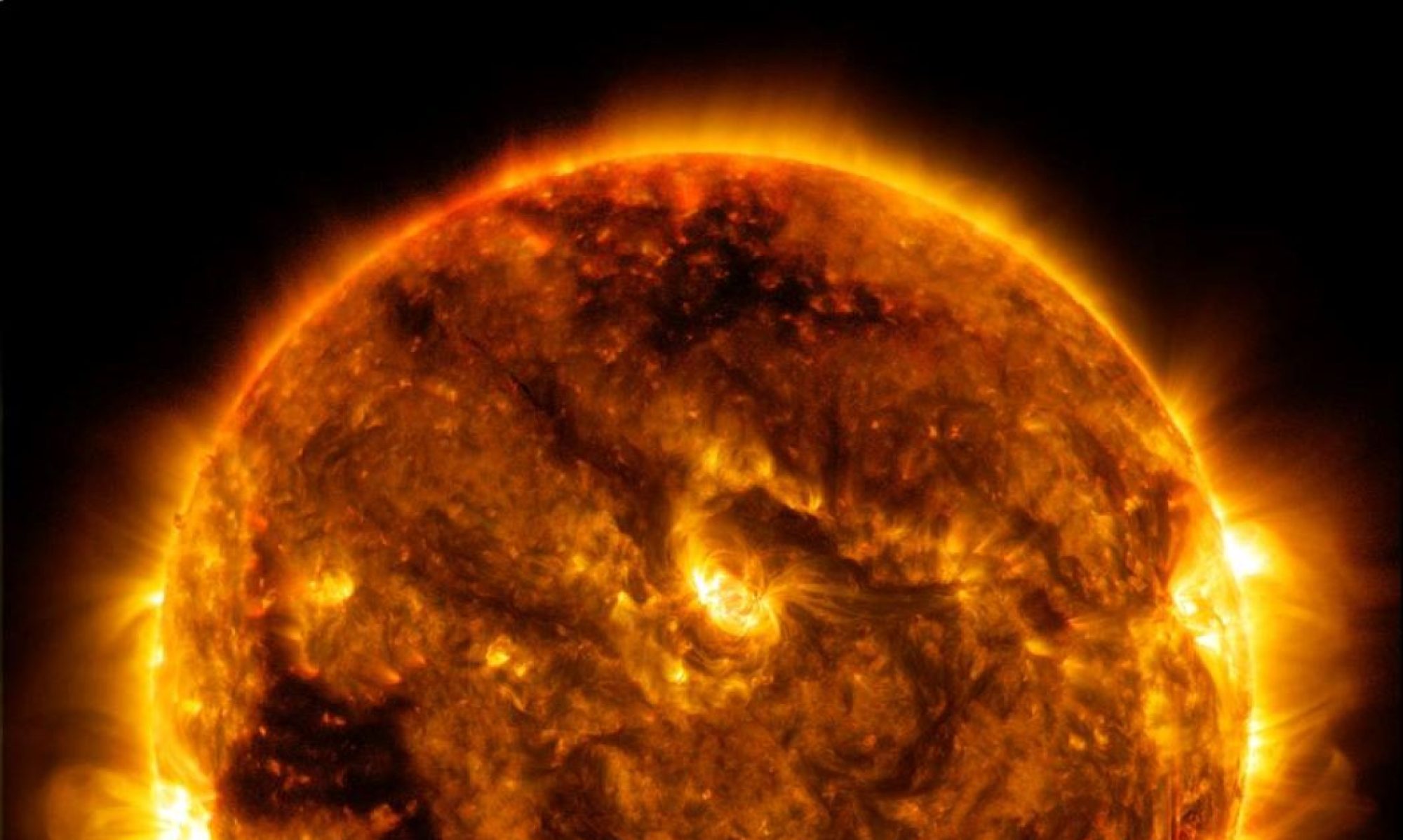I can still remember the exact words leaving my sixth grade teacher’s mouth and the animations running across the screen in May of 2012. At the close of that school year, I had a science teacher who cleverly spent the last few days of class projecting a video. This video honestly, yet brutally, delivered how noxious society’s current practices are to the environment. As a child who relished in soaking up the outdoors, I was frightened to hear that it is very possible we will run out of water by 2050. From that day forward, I knew I wanted to help.
Now from this excerpt it may seem that I had my whole life planned out at the ripe age of 12, but this is quite far from the truth. There were many twists and turns that led me to where I am now. Besides, how in the world does astrophysics relate to sustainability?
Sustainability is quite interdisciplinary, if not the most diverse area of study. That is a fact I came to learn in taking the seminar classes when I was introduced to the sustainability community at the University of Georgia. The certificate program has an extraordinary spread of majors from International Affairs to Management Information Systems and Interior Design. The seminar courses furthermore reinforced the nonlinearity of career paths from numerous guest speakers voicing their experience. Some of the careers they spoke of included agriculture, consulting, or environmental engineering. This helped me realize what I did not want to do and fortified that I prefer a more technical role.
However, how could I apply this concept of sustainability to a technical field? The first step in discovering a solution is creating definitions. Before entering UGA, I had a rough idea of what sustainability was. It involved a balance that ensured longevity for people and the environment. This definition was honed in taking the anchor course, Introduction to Sustainability. It helped me realize that there is additionally a social aspect. Not only is it considering the relationship between humans and the environment; it refers to the relationships between humans as well. I would not have considered the United Nations Sustainable Development Goals of quality education, gender equality, or reduced inequalities to be under the umbrella of sustainability. I took this course at the peak of the COVID-19 pandemic and was the first course I took towards the Sustainability Certificate. It gave me hope in a time full of darkness.
After sharpening the definition of sustainability and understanding the non-linearity of career paths, I was able to delve deeper into the concepts of sustainability I was most interested in. As my final set of courses, I traveled to the South Pacific and studied coral bleaching. This study emphasized the delicate balance of ecosystems. If one facet were to fail, it would inevitably lead to the destruction of the entire whole. I was able to observe the consequences first-hand when conducting a field investigation of coral health in the Great Barrier Reef. Coral are vital for human health as they contain an algae that provides most of the world’s oxygen. Moreover, it was particularly awestrucking to learn about the day-glow adaptation of coral off the coast of Fijian islands. The phenomenon refers to a brighter pigment that acts as “sunscreen” for corals located in waters of high temperatures. The coral species with this adaptation are more likely to withstand warmer waters. This taught me that living things are quite resilient. The economic sphere course, Special Topics in International Business, was instrumental in illustrating business practices that combine profitability with moral, social, and environmental initiative. People, Planet, Profit, a course satisfying the social sphere, emphasized the importance of human equality for increased resilience to disaster.
Since ocean health is an interest of mine, I joined and eventually became president of Ocean Initiative. This is a student-run organization that is centered around promoting sustainable practices to the UGA community to maintain our ocean’s vitality. One of the most rewarding activities was traveling to St. Simon’s Island during “Frat Beach” to dispose of the myriad of trash scattered about by UGA students. Although it is devastating to see UGA’s lack of initiative in taking accountability for the trash produced from this event, it was rewarding to partner with locals to clean their beloved beach. This provided the valuable lesson that small steps can elicit large change.
I continued to sharpen my leadership skills through my capstone project. I learned how to communicate professionally between multiple entities and allocate tasks. Most of my certificate learning involved interpreting and absorbing concepts. The capstone course contrasted as it gave me real-world experience and tangible skills. I exercised understanding of Excel, completed energy calculations, and practiced researching information online.
Overall, the Sustainability Certificate has been nothing but a benefit to my wellbeing and career. I was taught more precise definitions of sustainability although this is ever changing. I engaged in a community that deeply cares about the wellbeing and longevity of humankind and was introduced to events I would have never heard of. Although I am continuing to discover the ideal career path and in what regard I will implement sustainability into daily life, the certificate taught me more about myself and what I am looking for. One does not need sustainability in their job title to incorporate greener initiatives in a company or entity. Even those most obscure majors can still relate to sustainability. I am very appreciative of all the students and faculty I have met through this journey.

